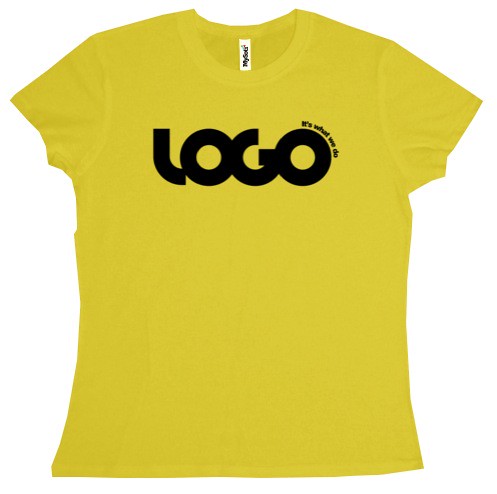If you’re looking for a way to differentiate your business from the other firms in your niche and increase its visibility across your trade area, sponsorship may be your answer. There are many ways to use sponsorship to drive your sales, but its most effective uses are often its most obvious. Regardless of your company’s size and sales goals, you can use the following primer on corporate sponsorship to take your business to the next level.
Consider Your Audience
As a small business owner, your trade area may be fairly circumscribed. While you’d no doubt prefer to expand your business beyond its current narrow confines, you can use sponsorship opportunities to your advantage while you’re still small. Look for manageable, community-focused organizations and events that need sponsors, like youth athletic tournaments, high school plays and county fairs and parades. You’ll generate tremendous goodwill by sponsoring such events, which don’t usually register on the radar of major corporations. Regardless, state athletic tournaments, minor-league sports clubs, and civic construction projects are all worthy investments.
Budget Considerations
Generally speaking, the size of your advertising budget will be proportional to your annual revenues but the reality is more complicated than that. When choosing between sponsorship opportunities, first determine whether you’ll be an exclusive sponsor. You should avoid buying into the lowest rungs of tiered sponsorship opportunities: There are so many businesses down there that it’ll be difficult for yours to gain separation from the pack.
Just as importantly, you’ll want to confer with the sponsored event’s organizers beforehand to work out a hard-and-fast budget. Draw up some type of contract outlining your duties and expectations as a sponsor, with exact fees laid out to the extent possible. You don’t want to publicly air dirty laundry and squander the goodwill that your sponsorship has generated.
Marketing Strategy
You’re sadly mistaken if you think you can just pay for a sponsorship and then sit back and watch the sales roll in. Successful sponsorships require aggressive legwork before, during and after the sponsorship’s active period. Common sponsorship support activities include:
- Merchandising: If you’re sponsoring an athletic tournament or other such discrete event, consider releasing a line of clothing or kitchenware that tastefully promotes both the event and your business.
- Invitations: Again, you don’t want to be seen as crass, but inviting your most reliable clients and suppliers to the sponsored event will go a long way towards growing your business. Be sure to highlight other your other community-building activities when you do.
- Coordination: If you’re not the event or organization’s exclusive sponsor, pay careful attention to your co-sponsors and try to coordinate with them as much as practicable. If you especially like the way any specific co-sponsors do business, approach them after the fact to gauge their interest in future partnerships, even if your businesses have little in common. Good companies make everyone with whom they interact look attractive by association.
Securing favorable sponsorships for your business can be more difficult than it would appear, especially if you’re a local concern with a limited advertising budget. By sponsoring realistic events and organizations, using your sponsorships as a promotional platform to grow your sales, and working closely with fellow sponsors on future partnerships, sponsoring a local soccer team or civic organization may turn out to be the best business decision you’ve ever made.
About the Author: Linda Rhimes is a freelance blogger and occasionally writes for Delivery.com – a site she loves using to find Pizza Delivery Local.

